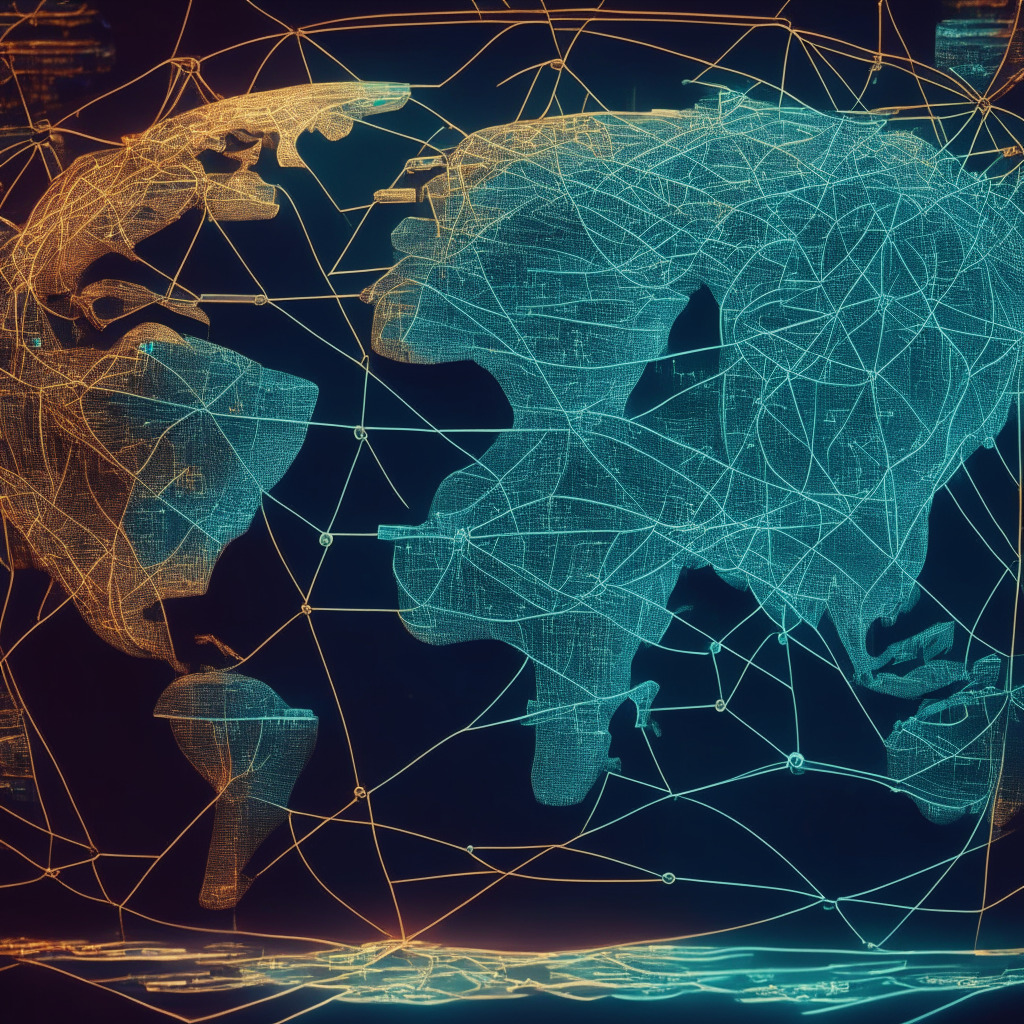The promise held by artificial intelligence (AI) is immense; it can enhance various sectors of our lives in unprecedented ways. Despite this, a collective of scholars, technologists, and even science fiction authors have signalled potential dangers associated with AI. For instance, the administration of President Joe Biden has intentions of updating an existing AI blueprint to handle issues such as data security and algorithmic discrimination.
Immediate risks accompany AI’s potential benefits, primarily new attack avenues for cybercriminals. Microsoft’s Chief Security Advisor Terence Jackson pointed out the prospect of unprecedented kinds of malware and complex phishing schemes that can sidestep conventional protection measures being generated by attackers.
In this context, blockchain technology could be a counteractive solution against these security threats introduced by AI. Data security, the most fundamental asset for most organizations, demands novel protection measures with the surge of AI applications in workplaces.
Blockchain technology, which operates by storing data in an immutable, decentralized fashion, combats unauthorized modifications or tampering with datasets that define AI models. It can prevent unauthorized content generation by AI and facilitate secure information sharing between businesses that deploy AI. Moreover, leveraging blockchain’s innate security and transparency can help combat deep fakes and other forms of AI-manufactured false content.
For instance, envisage the U.S. Treasury Department’s Financial Crime Enforcement Network (FinCEN) employing blockchain to form databases of financial dealings and applying an AI algorithm to scrutinize the data for fraudulent activities or anomalies.
Cloud computing’s scalability and accessibility, when paired with the abundance of big data, facilitates companies across diverse verticals to harness AI capabilities while avoiding requisite investment in expensive, intricate infrastructure to construct an AI.
The fact of the matter is, AI’s scope extends beyond smart tech and conversational platforms like ChatGPT, just as blockchain is more than just Bitcoin and NFTs. These two groundbreaking technologies are already being utilized in our daily office routines and operational procedures.
In conclusion, AI’s proliferation in our lives will continue expanding, regulated or not. It’s time to switch focus from grand science fiction analogies to the reality that AI needs to be secured by blockchain technology to assure data integrity and prevent unauthorized AI utilization.
Source: Coindesk




